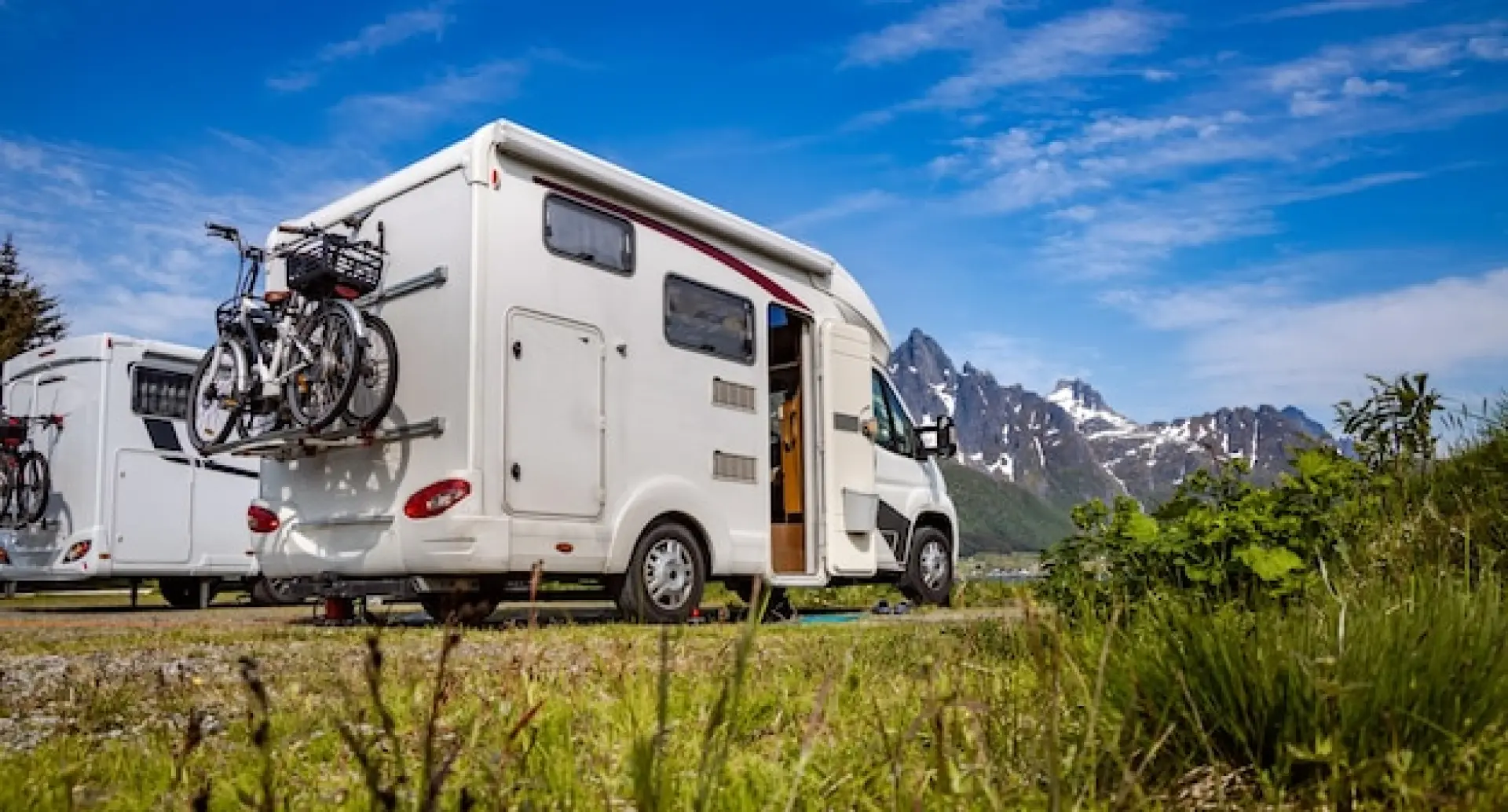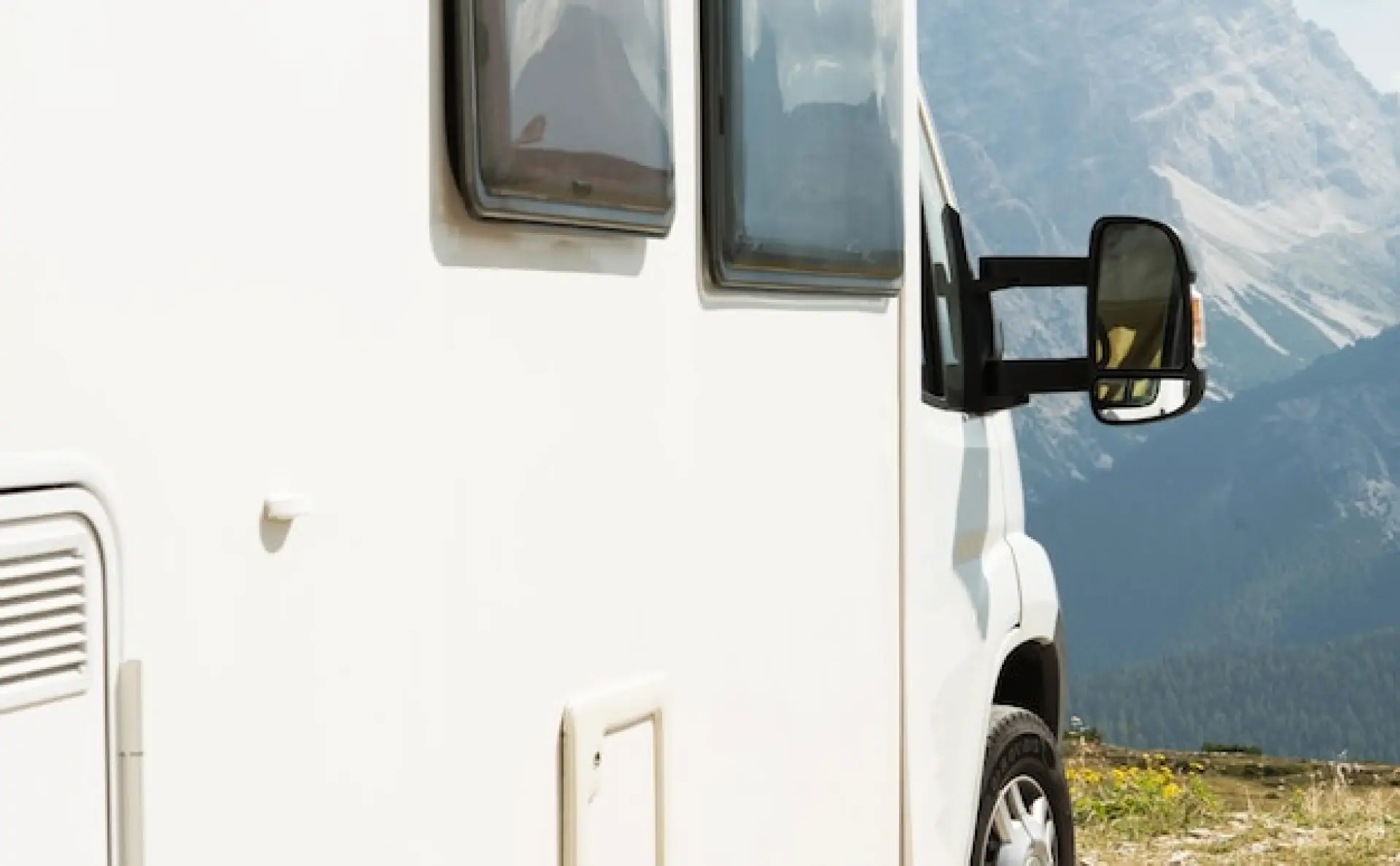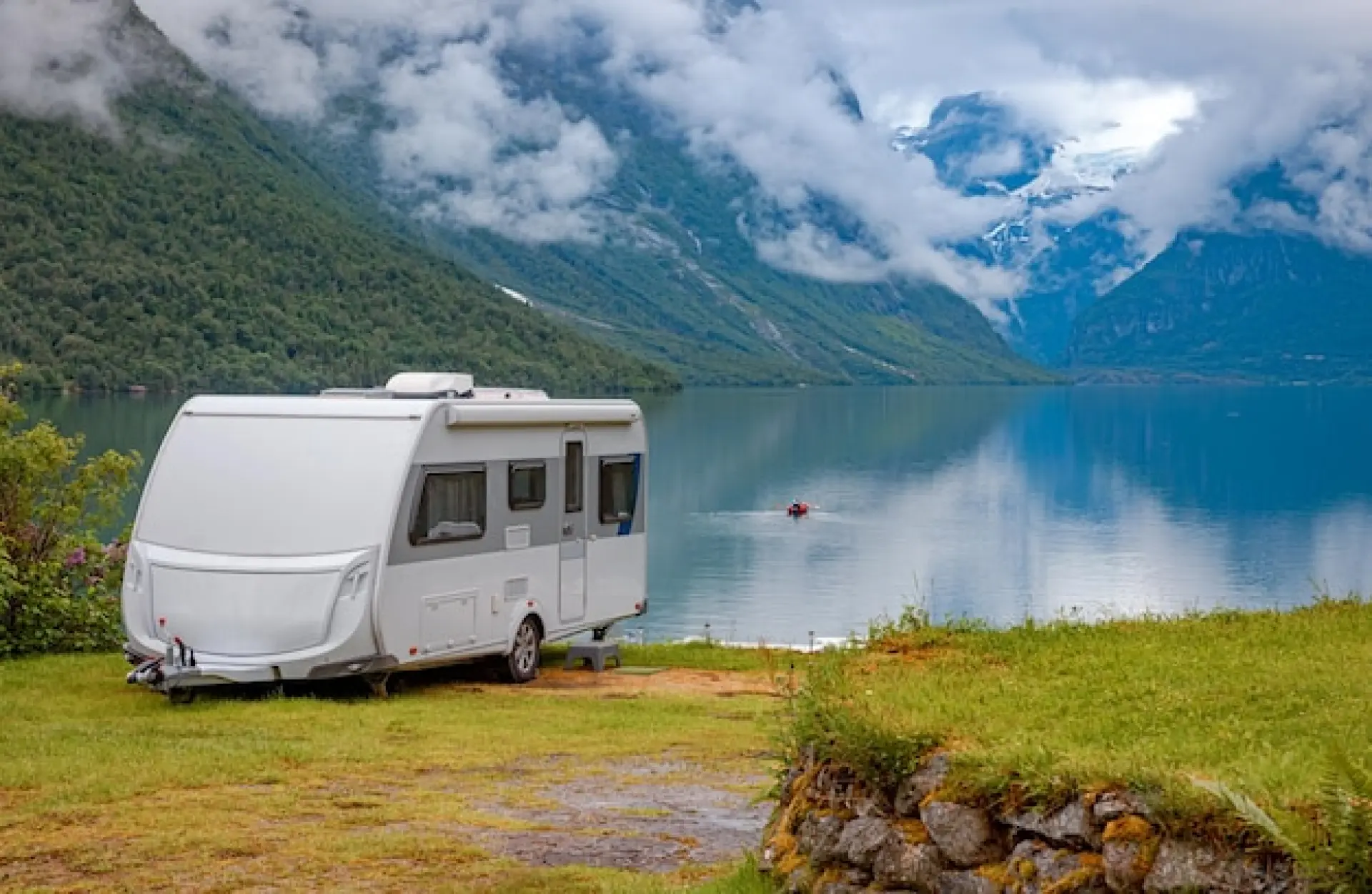Understand Motorhome Gas Safety Common Risks to ensure a secure travel environment. Our comprehensive guide covers leak detection, carbon monoxide build-up & regular maintenance.
Common Gas-Related Risks in Motorhomes
Gas appliances in motorhomes pose several safety risks if not properly maintained. One of the most serious dangers is gas leaks, which can lead to fire or explosion.
Faulty appliances, poor ventilation, and damaged gas connections can allow gas to escape undetected. Carbon monoxide poisoning is another major risk, as poorly functioning gas heaters or cookers can release this odourless, deadly gas.
Additionally, incorrect storage of gas cylinders can increase the likelihood of leaks or fire hazards. Understanding these risks is essential for ensuring a safe environment while travelling.
Regular maintenance, correct installation, and vigilance when using gas appliances can significantly reduce these dangers and keep your motorhome a secure place for travel and leisure.
How to Detect Gas Leaks in Your Motorhome
Detecting a gas leak early can prevent serious hazards. One of the first signs of a leak is a distinct sulphur-like odour, often compared to rotten eggs. If you notice this smell, turn off the gas supply immediately and ventilate the area.
Another method is using a gas leak detector spray, which forms bubbles at the site of a leak. Carbon monoxide alarms should also be installed, as this gas is odourless and highly dangerous.
Keep an eye on gas appliances—if flames burn yellow instead of blue, it could indicate incomplete combustion and potential gas release. Regularly checking gas hoses, valves, and fittings for damage will help prevent leaks before they become a significant problem.

Gas leaks can occur due to wear and tear, loose connections, or accidental damage to pipes and fittings. One effective way to check for leaks is to listen for a hissing sound near gas appliances, as this may indicate gas escaping from a small crack or joint.
Additionally, pay attention to symptoms such as dizziness, headaches, or nausea when inside your motorhome, as these can be early indicators of gas exposure.
If a leak is suspected, do not use electrical switches or open flames, as these can ignite gas in the air. Instead, turn off the gas supply at the cylinder and seek assistance.
Preventing Carbon Monoxide Build-Up
Carbon monoxide (CO) is a silent killer, as it is both odourless and invisible. To reduce the risk of build-up in your motorhome, ensure proper ventilation by keeping air vents clear and never blocking them.
Always use gas appliances as intended—never use cookers or stoves to heat the interior. Installing a carbon monoxide detector is essential, as it will provide early warnings of dangerous gas levels.
Regularly servicing gas appliances ensures they are working efficiently and safely. If symptoms such as dizziness, headaches, or nausea occur, exit the motorhome immediately and seek fresh air. Preventative measures will help to keep you and your passengers safe from carbon monoxide poisoning.
The Importance of Regular Gas Safety Checks
Routine gas safety checks are essential to maintaining a safe motorhome environment. Over time, gas pipes, valves, and appliances can develop leaks or faults, which can increase the risk of fire, explosion, or carbon monoxide poisoning.
Regular inspections help identify issues before they become hazardous. These checks should include testing gas pressure, inspecting connections, and ensuring appliances function correctly. In addition, checking ventilation systems ensures that harmful gases do not accumulate inside the motorhome.
Annual servicing by a qualified professional provides peace of mind and ensures compliance with safety regulations. Taking a proactive approach to gas safety can help prevent dangerous situations while travelling.

Aside from safety concerns, regular gas checks contribute to the efficiency and longevity of your appliances. Gas systems that are not regularly maintained may operate inefficiently, leading to increased fuel consumption and higher running costs.
Additionally, undetected leaks or poorly functioning appliances could impact air quality inside the motorhome, creating an uncomfortable environment.
Many insurance providers require evidence of regular gas inspections, and failing to comply with recommended safety checks could invalidate your coverage.
Keeping a record of all gas safety inspections is advisable, as this provides proof that your motorhome meets safety standards.
Who Should Perform a Motorhome Gas Inspection?
Gas inspections should always be carried out by a qualified gas engineer who is registered with the relevant authority, such as Gas Safe in the UK.
These professionals have the expertise to identify faults, test for leaks, and ensure appliances meet safety standards. While owners can perform basic safety checks, such as looking for visible damage or leaks, a professional inspection provides a more thorough assessment.
When booking an inspection, ensure the engineer is experienced in motorhome gas systems, as they differ from domestic setups. Regular inspections not only improve safety but also help maintain the efficiency and longevity of your gas appliances.
We hope you enjoyed our article 'Motorhome Gas Safety Common Risks and How to Avoid Them'. Get in touch to discuss your motorhome needs and let us show you how we can help!
We offer Motorhome Gas Safety Checks for customers throughout Hitchin, Stevenage, Bedford, Luton, Milton Keynes and Hertfordshire.

